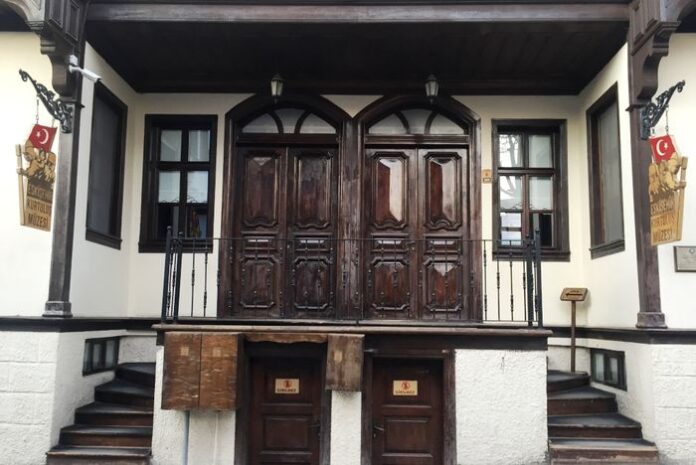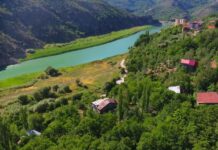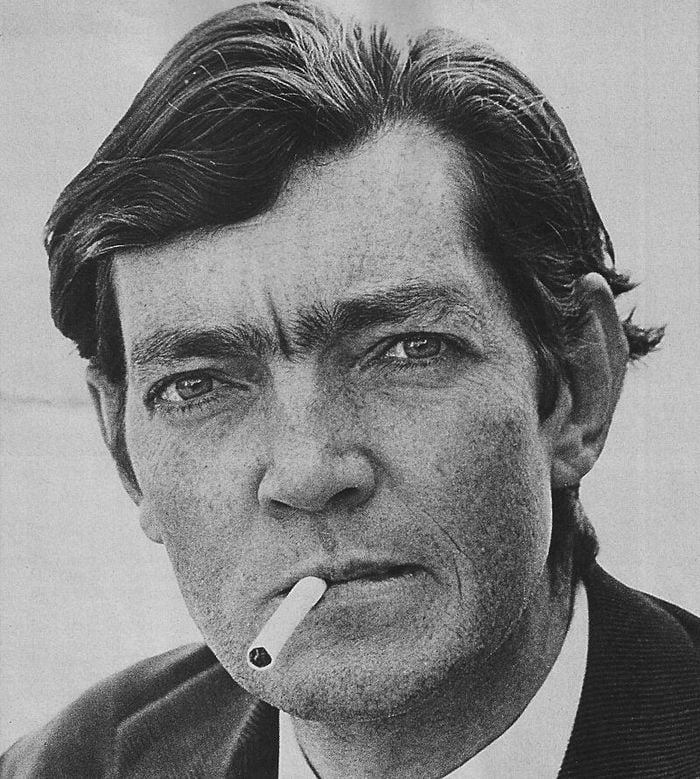In the late 1950s, the Bulgarian people faced increasing exploitation under the Communist regime. In October 1958, the Bulgarian Communist Party, acting under clear instructions from Moscow, announced a policy known as the “big leap forward.”
The goal of this plan was to complete the Five-Year Plan in only four years or less. On paper, this looked like a promise of rapid progress. In reality, however, it created chaos in the Bulgarian economy. The system became unbalanced, as production was forced into unrealistic targets without proper planning.
The most damaging result was the decline in consumer goods and food supplies. Ordinary citizens already lived with shortages, but the new policies made life even harder. Instead of prosperity, the Bulgarian people experienced greater poverty and suffering Early Trade and Industry in Bulgaria.
Growing Opposition and Resistance
The failure of the “big leap forward” caused growing opposition across all levels of society. Workers, peasants, and intellectuals alike began to resist Communist control. Many expressed their dissatisfaction through passive resistance, such as slowing down work, refusing to cooperate, or quietly ignoring state orders. Others turned to sabotage, damaging production and undermining the government’s unrealistic goals.
The Communist authorities responded with brutal repression. Police terror increased, and the secret police worked relentlessly to silence opposition. By the end of the 1950s, tens of thousands of Bulgarians were held in prisons and concentration camps. These included not only political activists, but also ordinary people accused of disobedience or resistance to the regime Guided Round Tours Turkey.
Sovietization of Bulgarian Life
The events of the late 1950s clearly showed the complete Sovietization of Bulgaria. The political, legal, administrative, military, cultural, social, and economic systems were all reshaped to fit the Soviet model.
Politics: The Communist Party controlled all power, leaving no room for free elections or independent political life.
Law and Administration: The courts and councils worked to protect the regime, not the people.
Military: The army was reorganized along Soviet lines and equipped with Soviet weapons.
Culture and Education: Schools and cultural institutions spread Marxist-Leninist propaganda instead of free thought.
Economy: Industry, trade, and agriculture were tied directly to Soviet needs, not Bulgarian ones.
Violation of National Sovereignty
This complete Sovietization was a direct violation of both the Peace Treaty of February 10, 1947, and the United Nations Charter, which guaranteed national independence. In truth, the Bulgarian government did not arise from the free will of its people. Instead, it was forced upon Bulgaria by the presence of the Soviet Red Army.
The Communist regime never allowed free elections. Its authority was not based on the ballot box or on the consent of the Bulgarian people, but on fear, force, and foreign domination.
By the end of the 1950s, Bulgaria had lost its independence and sovereignty. The government was not a true national administration but rather a tool of Moscow, serving Soviet interests. The failed “big leap forward,” the misery of the people, and the reign of terror in prisons and camps revealed the deep crisis of a regime that ruled by oppression, not by popular support.








